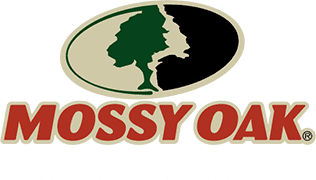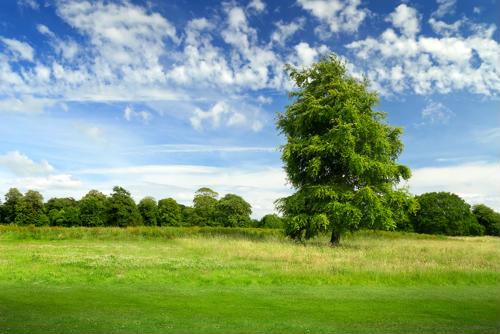As our society grows more concerned with conserving and preserving rural land for future generations, conservation easements are growing in usage. But what exactly are they?
“Essentially, conservation easements allow land owners to own their land while at the same time permanently removing most development rights in exchange for some type of tax benefit,” said Jamie Spencer, owner and broker at Mossy Oak Properties Tennessee Land & Farm in Nashville, Tennessee. “So if a land owner wants to continue to keep and use their property (and farm it, live on it, hunt it, leave it to their children, etc.) yet guarantee that it will not be subdivided or developed in any undesirable way, then a conservation easement is an excellent tool for someone to explore in protecting their private property.”
While that sounds well and good for land owners, the question is what it means for buyers. Conservation easements aren’t necessarily a bad thing, but they can limit exactly what buyers can do with their land.
“A conservation easement is a recorded, permanent document that can only be amended under special circumstances and can never be extinguished,” Spencer continued. “If someone I work with is considering buying a protected property, they can be assured that the property is special and unique in its open space and natural habitat value. These types of properties here in Tennessee offer significant value to the right person. If someone can conserve the land they love and protect its natural habitat while maintaining their private property rights and potentially realizing significant tax benefits, that qualifies as extremely valuable in my book.”
While easements certainly offer value to the right buyer, it all comes down to how you plan to use your land, according to Dustin McClure at Mossy Oak Properties Land and Luxury in Mooresville, North Carolina.
“Depending on the buyer’s intended use, [conservation easements] could be a good or bad thing,” McClure said. “For someone looking to buy a farm in a suburban area where land values are really high, it gives them an opportunity to be able to afford land that may have been unaffordable otherwise. Sometimes these easements will allow for one or two homes to be constructed on the property. A buyer does have to be mindful that the easement will have an effect on future land value.”
Different types of conservation easements
According to Spencer and McClure, conservation easements can come in various forms.
These include easements to protect farm land, historical landscapes, mountainous land, scenic land, streams, rivers, lakes, hiking trails and wildlife areas. In most cases these easements are voluntary on the part of land owners who are either seeking tax benefits or want to preserve family land for future generations.
While conservation easements are certainly something to keep in mind during the land buying process, they shouldn’t stop you from investing in land, provided you approach the situation correctly.
Contending with conservation easements
Spencer went on to say that land buyers who are thinking of purchasing property that features a conservation easement should determine exactly what they plan to use the land for.
“Sometimes, conservation easements can totally prohibit any and all construction on the property, so I would make sure I knew what my buyer’s goals were for the property he or she is pursuing,” Spencer continued. “At the end of the day, people pursue conservation easements because they love their open space land, and they want to protect that land from all types of development. If owning this type of property is my buyer’s goal, they should be prepared to pay for it handsomely.”
This sentiment was echoed by McClure, who also highlighted the importance of fully understanding the details of the easement before buying.
“Do your research and hire an attorney to review the easement prior to purchasing the property,” he said. “You need to have a clear understanding on what type of activities are allowed and prohibited as described in the easement.”
By working with the right land specialist, you can ensure you know what you’re getting into regarding conservation easements before singing on the dotted line. The last thing you want is a bad case of buyer’s remorse after spending top dollar on land featuring a conservation easement.


